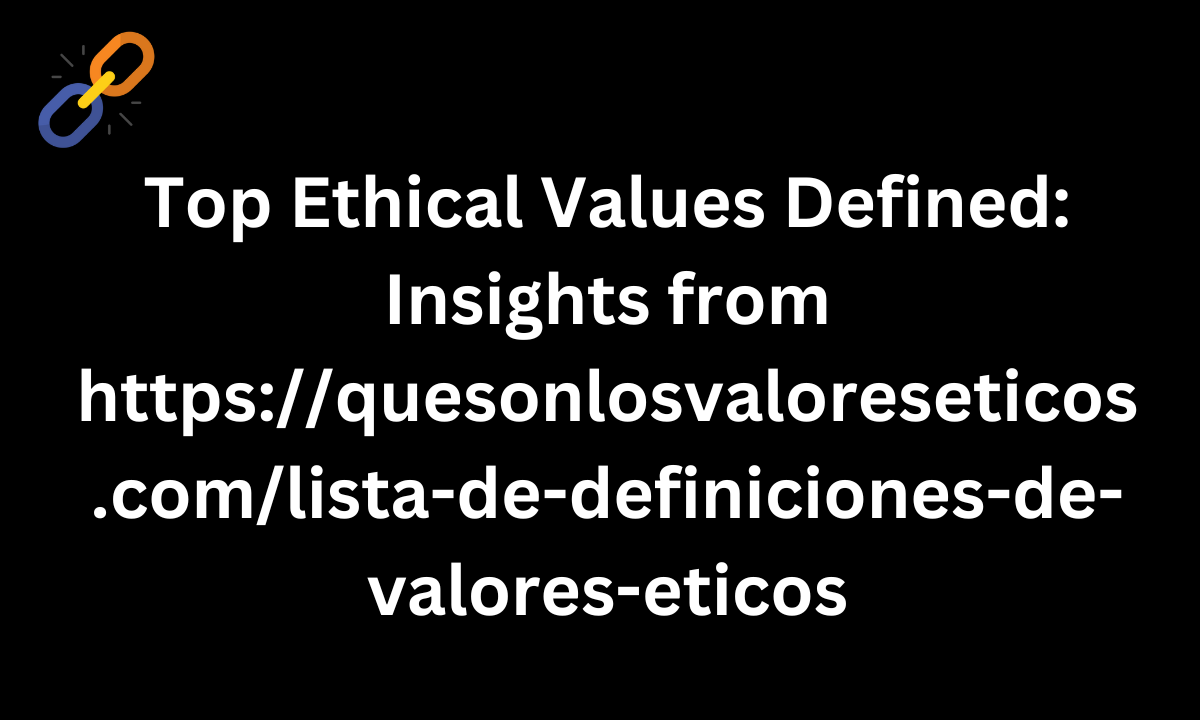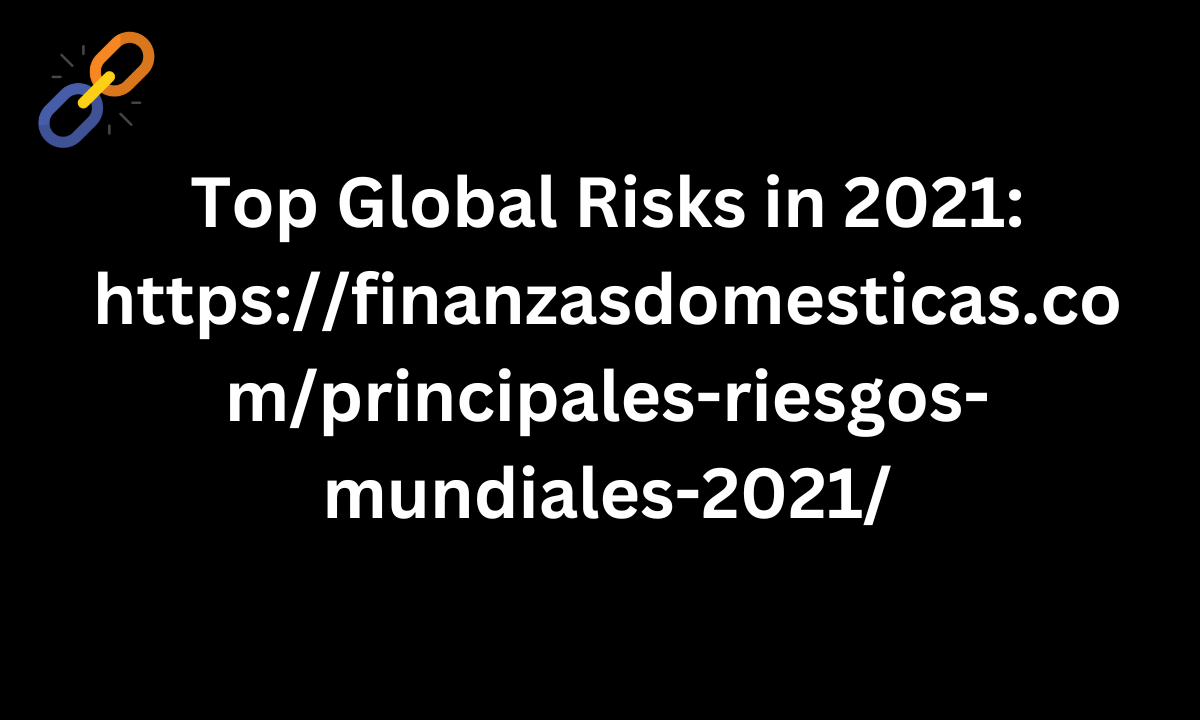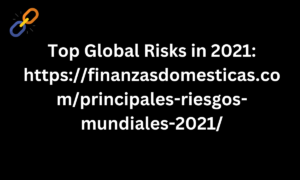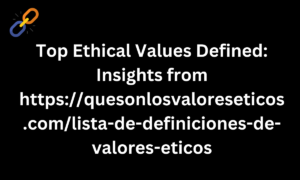Top Ethical Values Defined: Insights from https://quesonlosvaloreseticos.com/lista-de-definiciones-de-valores-eticos
Introduction: Understanding Ethical Values
Ethical values serve as the foundation for moral behavior, influencing how individuals and communities discern right from wrong. These principles are deeply rooted in societal norms, cultural traditions, and personal beliefs, providing a moral compass to navigate complex situations. Ethical values often transcend individual preferences, emphasizing universal principles like fairness, honesty, and respect.
They play a crucial role in fostering trust, integrity, and accountability across personal and professional relationships. By understanding these values, individuals can make decisions that positively impact both themselves and society. Exploring core ethical values allows insight into their importance in shaping human interactions and resolving moral dilemmas effectively.
Why Ethical Values Matter in Today’s World
Ethical values are fundamental principles guiding human behavior and decision-making, shaping how individuals interact with society and the environment. In modern times, these values have become increasingly crucial as global challenges such as social inequality, environmental degradation, and technological advancements demand morally conscious actions.
Ethics foster trust and integrity in relationships, ensuring the stability of communities and organizations. Societies thrive when individuals uphold values like honesty, responsibility, and respect by creating equitable, collaborative environments. Additionally, in professional contexts, ethical values ensure accountability, transparency, and compliance with societal expectations.
By emphasizing ethical values, individuals can address complex dilemmas responsibly while promoting inclusivity and sustainability. Policymakers, educators, and leaders benefit by making decisions for collective welfare, safeguarding the global future.
Defining Top Ethical Values According to https://quesonlosvaloreseticos.com/lista-de-definiciones-de-valores-eticos
Ethical values are foundational principles guiding human behavior and societal harmony. According to the resources provided on https://quesonlosvaloreseticos.com/lista-de-definiciones-de-valores-eticos, some of the top ethical values include:
- Respect: Treating others with dignity, honoring their rights, opinions, and individuality.
- Integrity: Upholding transparency and honesty in actions and decisions.
- Responsibility: Acknowledging the consequences of one’s actions and accepting accountability.
- Empathy: Demonstrating compassion and understanding of others’ emotions and circumstances.
- Justice: Ensuring fairness, equity, and impartiality in all interactions.
- Solidarity: Acting in unity and offering support for collective wellbeing.
Each value emphasizes the importance of fostering ethical interactions for individuals and communities.
Integrity: Building Trust Through Transparency
Integrity serves as the cornerstone of ethical conduct, ensuring that actions align with moral principles. It fosters trust through transparency, allowing individuals and organizations to remain accountable to their values. Maintaining honesty in communication and decision-making builds credibility, ensuring that promises are fulfilled. Transparency involves openly sharing information and admitting mistakes, strengthening relationships and preventing misunderstandings.
Professionals practicing integrity consistently prioritize fairness, even in challenging scenarios. By refusing to compromise on ethical standards, they demonstrate respect for others. A strong commitment to integrity encourages mutual trust, enabling sustainable partnerships and a positive reputation. Upholding transparency establishes a foundation for trust and ethical bonds.
Empathy: The Key to Human Connection
Empathy serves as a cornerstone of ethical interactions, enabling individuals to understand and share the emotions of others. It goes beyond mere sympathy by fostering a genuine connection rooted in shared humanity. Through empathy, individuals are better equipped to navigate complex relationships and resolve conflicts with compassion.
Empathy promotes active listening, allowing people to grasp perspectives that differ from their own. It encourages inclusivity by bridging cultural, social, or personal divides. Employers, educators, and leaders who exhibit empathy create environments where trust and cooperation thrive.
Key components of empathy include:
- Emotional awareness – Recognizing and acknowledging others’ emotions.
- Perspective-taking – Viewing situations from another person’s point of view.
- Compassionate action – Responding to others’ feelings through supportive behavior.
By cultivating empathy, individuals contribute to stronger bonds and healthier communities, reinforcing the value of mutual understanding in daily life.
Responsibility: Owning Actions and Decisions
Responsibility is the ethical value centered on acknowledging and accepting the outcome of actions and decisions. It emphasizes personal accountability and the commitment to follow through with one’s obligations. Individuals practicing responsibility take ownership of their successes and failures, understanding their role in the broader social fabric.
Key characteristics of responsibility include:
- Accountability: Accepting blame or credit for the results of one’s actions.
- Dependability: Consistently meeting expectations and fulfilling promises.
- Judgment: Understanding the consequences of choices and deciding thoughtfully.
Responsibility extends beyond personal actions to communal awareness, as individuals must consider the impact of their behavior on others and society as a whole. This value reinforces ethical integrity and builds trust in professional and personal interactions.
Respect: Embracing Diversity and Inclusion
Respect fosters a culture where diversity and inclusion are celebrated as core principles. It calls for acknowledging the unique perspectives, backgrounds, and experiences of all individuals while ensuring equal treatment and dignity. By valuing differences, respect strengthens interpersonal relationships and promotes collaboration.
Key Aspects of Respect in Diversity and Inclusion:
- Recognition of Differences: Embracing cultural, ethnic, gender, and ideological diversity.
- Empathy: Understanding and appreciating others’ viewpoints and emotions.
- Non-Discrimination: Ensuring fairness in opportunities and rights for all.
- Active Listening: Prioritizing others’ voices and experiences.
Promoting respect in diverse environments creates pathways for innovation, mutual growth, and equitable outcomes, contributing to a harmonious society built on ethical foundations.
Honesty: The Foundation of Ethical Behavior
Honesty serves as a cornerstone in shaping ethical behavior, as it fosters trust, respect, and transparency within personal and professional relationships. Defined by a commitment to truthfulness, honesty requires individuals to avoid deceit, fraud, or any form of manipulation. It is essential for fostering fair dealings and open communication.
Honesty promotes accountability, encouraging individuals to take responsibility for their actions. This value also strengthens credibility, which is vital in maintaining integrity and ethical leadership. Environments rooted in honesty cultivate mutual trust, reducing conflicts and misunderstandings.
By practicing honesty, individuals contribute to ethical decision-making processes, ensuring fairness and clarity in all interactions. This value underpins the moral fabric of society.
Fairness: Cultivating Equality and Justice
Fairness embodies the principle of treating individuals with impartiality, respecting their rights, and upholding justice. It advocates for the elimination of biases, favoritism, and discrimination in decision-making processes. A fair approach ensures that all people are given equal opportunities, regardless of their background, beliefs, or status.
This ethical value is central to fostering trust, collaboration, and societal harmony. Practices that uphold fairness often involve:
- Transparency: Offering clear and honest communication to avoid misunderstandings.
- Equity: Adjusting support based on individual needs to achieve balanced outcomes.
- Accountability: Ensuring ethical actions and addressing wrongful behavior appropriately.
Fairness drives progress, cultivating a society rooted in empathy and respect for all individuals.
Loyalty: Fostering Trust in Relationships
Loyalty is the steadfast commitment to maintaining trust, integrity, and reliability in a relationship, whether personal or professional. It forms the foundation upon which individuals build lasting connections by prioritizing the well-being and interests of others. Loyalty reflects a sense of duty and devotion that transcends fleeting emotions.
Key elements of loyalty include:
- Trustworthiness: Demonstrating consistent honesty and reliability.
- Commitment: Remaining devoted to shared goals or values.
- Support: Offering unwavering encouragement, even during adversity.
- Respect: Valuing others’ needs, opinions, and emotions.
Loyalty is cultivated through actions rather than words, reinforcing positive relationships. When practiced, it nurtures emotional security, mutual respect, and a sense of belonging.
Accountability: Answering for Your Actions
Accountability embodies the principle of accepting responsibility for one’s decisions and behaviors, ensuring transparency in actions. It requires individuals or organizations to acknowledge their mistakes, provide explanations when questioned, and take corrective measures as needed. By fostering trust and ethical credibility, accountability promotes fairness and cultivates a sense of reliability in relationships.
Key aspects include:
- Responsibility: Taking ownership of one’s commitments and choices.
- Transparency: Providing clear, honest communication to all stakeholders.
- Rectification: Actively addressing the consequences of actions, both ethical and professional.
Accountability is crucial for ethical practices in leadership, governance, and personal conduct, enhancing collaboration and integrity across societal interactions.
Courage: Standing Up for What is Right
Courage is the ethical value that drives individuals to face challenges, confront fears, and advocate for justice, even in difficult circumstances. It embodies the strength to act in accordance with one’s principles despite opposition, criticism, or potential risks. Courage requires resilience, determination, and moral conviction, enabling individuals to protect the vulnerable, challenge injustices, and uphold ethical standards.
Key elements of courage include:
- Speaking out against wrongdoing despite societal pressure to remain silent.
- Defending others who may be unable to advocate for themselves.
- Persisting in ethical actions, even when outcomes are uncertain or unfavorable.
Such actions reflect an unwavering commitment to integrity, ensuring that moral values take precedence over fear or personal gain.
How to Apply Ethical Values in Daily Life: Best Practices
Integrating ethical values into daily life involves consistent effort and self-awareness. Here are some best practices to guide this process:
- Practice Honesty: Make honesty a cornerstone in communication, decision-making, and actions. Express truth with clarity and respect in personal and professional contexts.
- Cultivate Respect: Listen actively, acknowledge different perspectives, and treat others with dignity, irrespective of disagreements or differences.
- Embrace Responsibility: Take accountability for actions and decisions, both positive and negative. Avoid shifting blame or neglecting obligations.
- Show Compassion: Offer support, show empathy, and perform acts of kindness to foster trust and stronger human connections.
- Adopt Fairness: Prioritize impartiality by treating situations and individuals equally. A fair approach prevents bias and ensures just outcomes.
Consistently reflecting on one’s behavior allows ethical choices to become habitual, enriching personal and societal relationships.
Conclusion: The Role of Ethical Values in a Better Future
Ethical values serve as the foundation for building a society grounded in fairness, respect, and collective well-being. They foster trust and cooperation in personal, professional, and global contexts by encouraging responsible decision-making. When individuals and organizations prioritize principles such as integrity, empathy, and accountability, they create environments conducive to mutual growth and prosperity.
The adoption and practice of ethical values ensure that progress is aligned with human dignity and social justice. By emphasizing shared moral standards, ethical frameworks enhance the prospects of sustainable development and harmonious coexistence, underscoring their essential role in shaping a better future for all humanity.














Post Comment